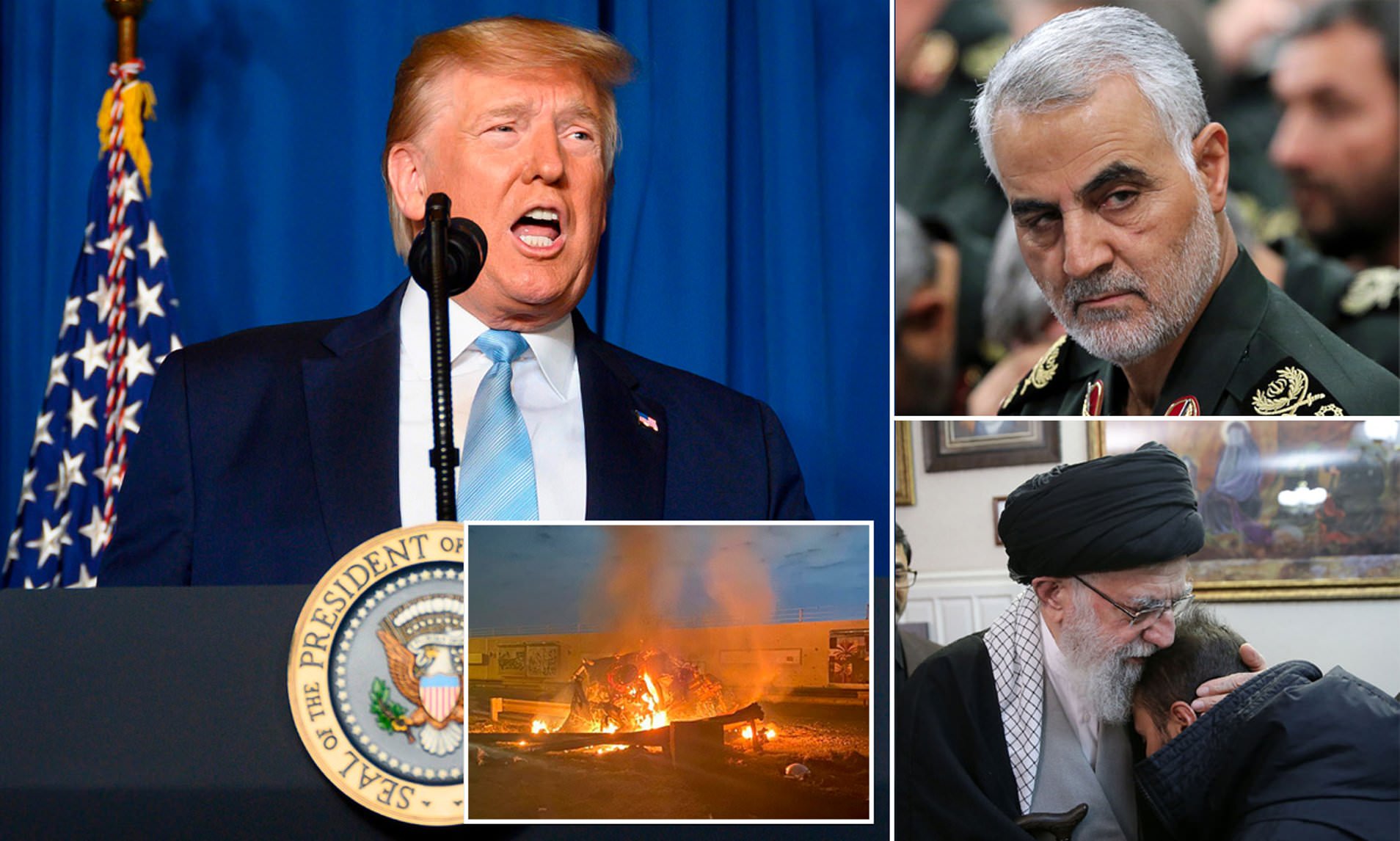
by James M. Dorsey | May 4, 2020
This story first appeared on Inside Arabia
A podcast version of this story is available on Soundcloud, Itunes, Spotify, Stitcher, TuneIn, Spreaker, Pocket Casts, Tumblr, Podbean, Audecibel, Patreon and Castbox.
The coronavirus pandemic and its economic fallout may rewrite the security as well as the political and economic map of the Middle East. The crisis will probably color Gulf attitudes towards the region’s major external players: the United States, China, and Russia. Yet, Gulf states are likely to discover that their ability to shape the region’s map has significantly diminished.
U.S. Marines on a removable Trident Pier leading to an American ship docked near an Emirati military base in al-Hamra, UAE, on March 23, 2020 (AP Photo Jon Gambrell)
The United States faces a stark choice in the Middle East if it continues its maximum pressure campaign against Iran: confront the Islamic republic militarily or withdraw from the region.
Trita Parsi, Executive Vice President of the Quincy Institute in Washington and a former head of the National Iranian American Council, recently drew that harsh conclusion. No doubt, Mr. Parsi may be correct in the ultimate analysis. US-Iranian tensions could easily spin out of control into an all-out war that neither Iran nor the United States wants.
There are, however, lots of shades of grey that separate long-standing tit-for-tat attacks on US targets – primarily in Iraq, occasional Iranian harassment of US naval vessels in the Gulf, and sporadic US responses, from all-out war.
The United States and Iran have been engaged in tit-for-tats with varying degrees of intensity for years.
The United States and Iran have been engaged in tit-for-tats with varying degrees of intensity for years and so far have avoided an uncontrolled escalation despite incidents such as the 1988 downing of Iran Air flight 655, that killed 274 people, and the targeted assassination earlier this year of Iranian General Qassem Soleimani.
Leaving aside potential black and grey swans, a more likely scenario is that a US desire to reduce its commitment to Gulf states, increased Gulf doubts about US reliability as a regional security guarantor, and a new world in which Gulf and Western states struggle to come to grips with the economic fallout of the coronavirus pandemic, create an environment more conducive to a multilateral security arrangement. One that would reduce the risk of war, even if multilateralism globally seems to be on the retreat.
US President Donald J. Trump’s threat in early April to cut off military sales to Saudi Arabia, if the kingdom did not bury the hatchet in its oil price war with Russia – sparking the collapse of oil markets, is an inevitable epic battle for market share.
More immediately, it drove the message home in Riyadh that US security guarantees were conditional and reinforced Saudi perceptions that the United States was getting disproportionately more out of its close ties to the kingdom than Saudi Arabia.
